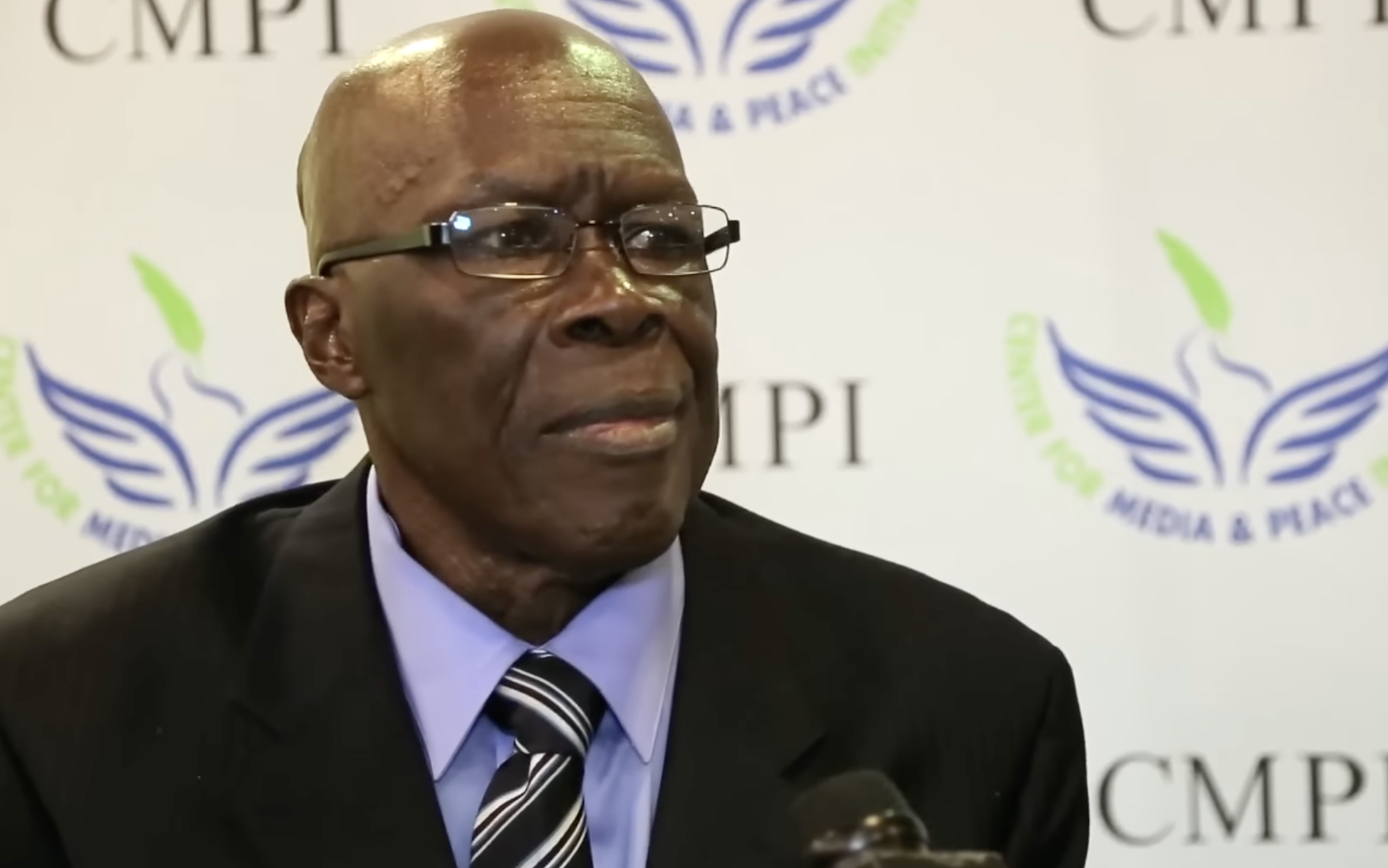China Offers Zero Percent Tariffs on Exports from Ghana and Other African Nations

Ghana has secured a landmark zero per cent tariff concession on all its exports to China, a significant development announced by Ghana’s Foreign Minister, Mr Samuel Okudzeto Ablakwa, following high-level bilateral talks with his Chinese counterpart, His Excellency Wang Yi. This agreement, which took place on the sidelines of the ongoing China-Africa Summit in Changsha on June 12, 2025, marks a pivotal moment in Ghana-China relations. It is expected to significantly bolster trade, accelerate industrialisation, and create numerous jobs for Ghanaians, empowering more local entrepreneurs by making Ghanaian products cheaper and more competitive in the Chinese market.
China has firmly established itself as Ghana’s largest trading partner, with bilateral trade volumes exceeding US$11 billion in 2024. The productive and impactful discussions between the foreign ministers aim to deepen this already robust economic partnership. This new zero-tariff agreement on 100% of goods from Ghana aligns with China's broader commitment to Africa, as it plans to drop tariffs on imports from all 53 African countries with which it maintains diplomatic relations, except Eswatini due to its recognition of Taiwan.
Beyond immediate trade benefits, the talks also paved the way for strategic industrial initiatives aligned with President John Mahama’s development vision. Key among these is the leveraging of Ghana’s rich bauxite reserves to establish an integrated aluminium industry, supported by modern rail infrastructure to ensure cost-effective transportation and enhanced value addition. Furthermore, a forward-looking outcome was the mutual agreement to explore the establishment of an electric vehicle (EV) manufacturing plant in Ghana, capitalising on the country’s strategic lithium deposits, which are vital for battery production and the global transition to clean energy.
To formalise and solidify this renewed cooperation, Ghana and China are set to sign a special Economic Partnership Agreement (EPA). This EPA will provide the structured frameworks necessary to support expanded trade, facilitate joint ventures, and promote technology transfer between the two nations. This deepens a friendship rooted in the post-independence era, initiated by Dr Kwame Nkrumah and Chairman Mao Zedong, celebrating 65 years of diplomatic ties. President Mahama’s administration is committed to utilising such diplomacy for the transformative development of Ghana.
This zero-tariff move by China comes at a crucial time for the African continent, particularly as some African nations face the possibility of increased tariffs on their products entering the United States. China has held the position of Africa's largest trading partner for the past 15 years, with African exports to China valued around $170 billion in 2023. The joint ministerial statements from the China-Africa co-operation meeting have implicitly criticised efforts by “certain countries” to disrupt the international economic order through unilateral tariffs, urging resolution through equality and mutual benefit.
Several of Ghana’s key export sectors are exceptionally well-positioned to benefit from this duty-free access, provided there is sufficient infrastructure, investment, and policy support. The agricultural sector stands to gain immensely with high-demand products like cocoa, cashew nuts, pineapples, tropical fruits, and shea butter. Ghana’s mineral wealth, including gold, bauxite (especially when processed into alumina or aluminium locally), and lithium, could drive higher trade volumes. Moreover, there is a strong incentive for the development of processed and value-added goods, such as cocoa into chocolate, packaged shea butter, refined minerals, and the establishment of agro-processing zones.
To fully capitalise on this unprecedented zero-tariff opportunity, Ghana must implement proactive measures to boost its production base and enhance its trade capacity. Essential steps include significant investment in agro-processing and manufacturing industries, upgrading critical infrastructure such as transport, energy, and ports, and providing robust support for Small and Medium-sized Enterprises (SMEs) and exporters through access to credit and training. Furthermore, strengthening quality control mechanisms and ensuring compliance with international standards will be paramount to maximising the benefits of this landmark agreement.







